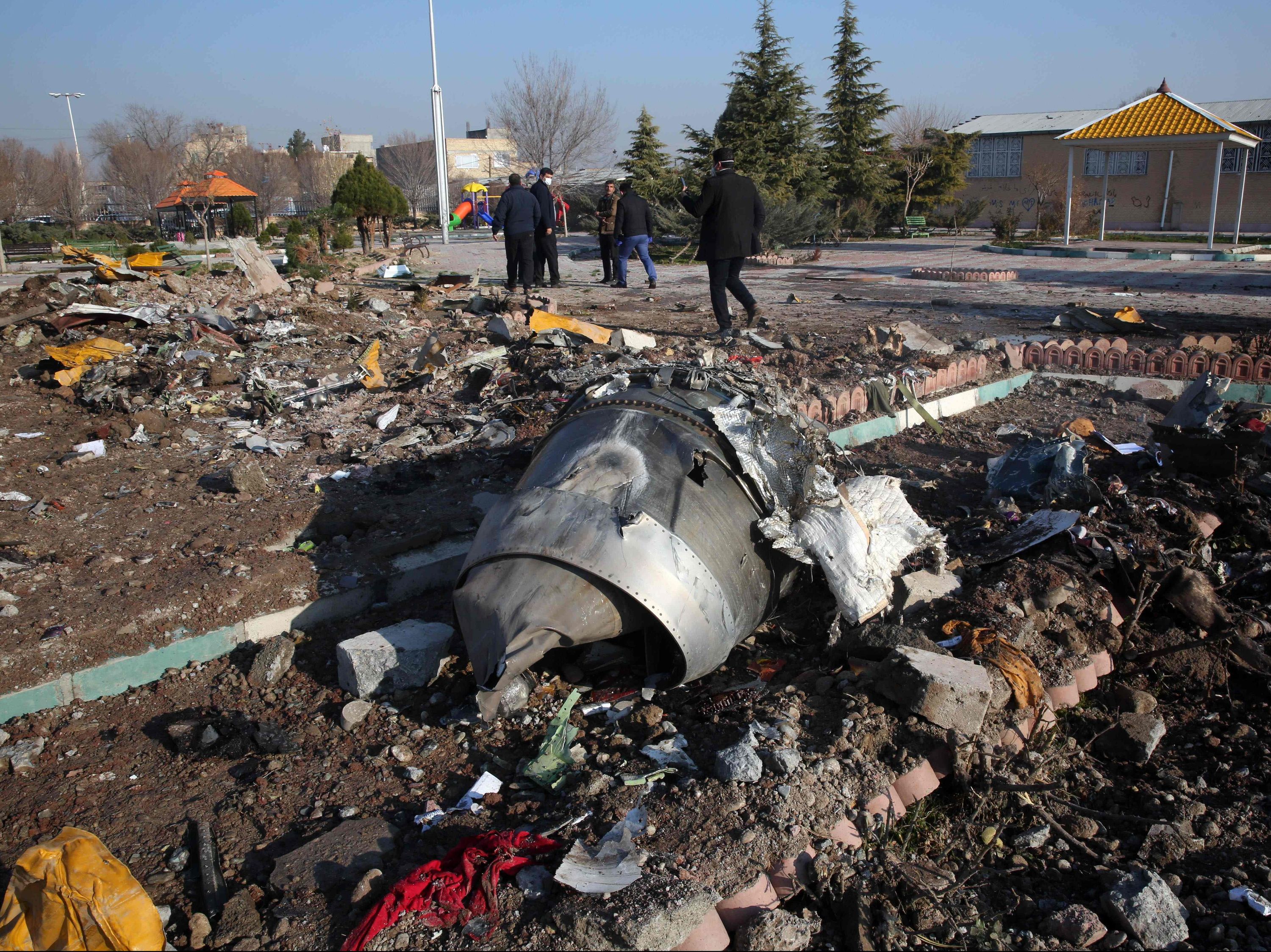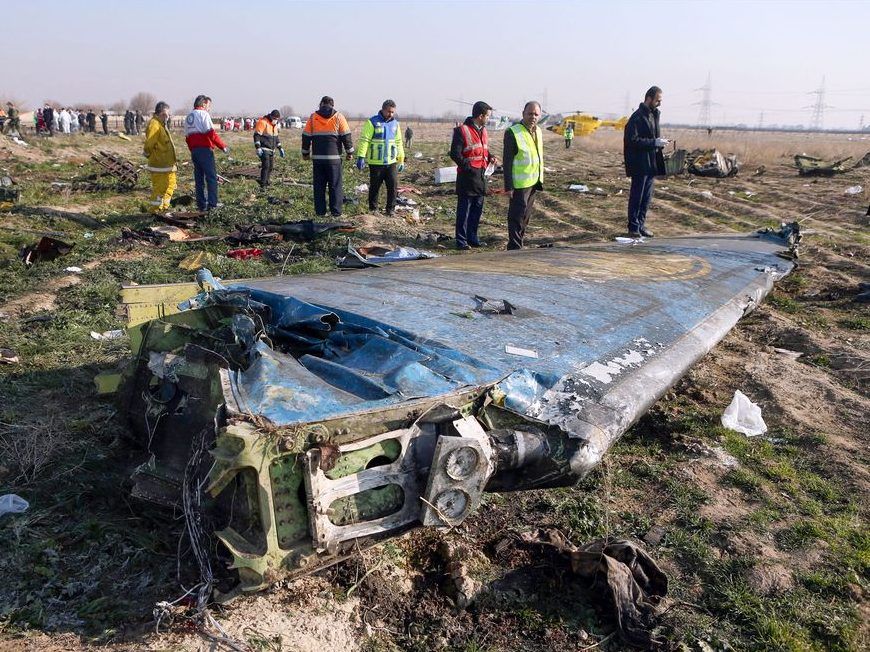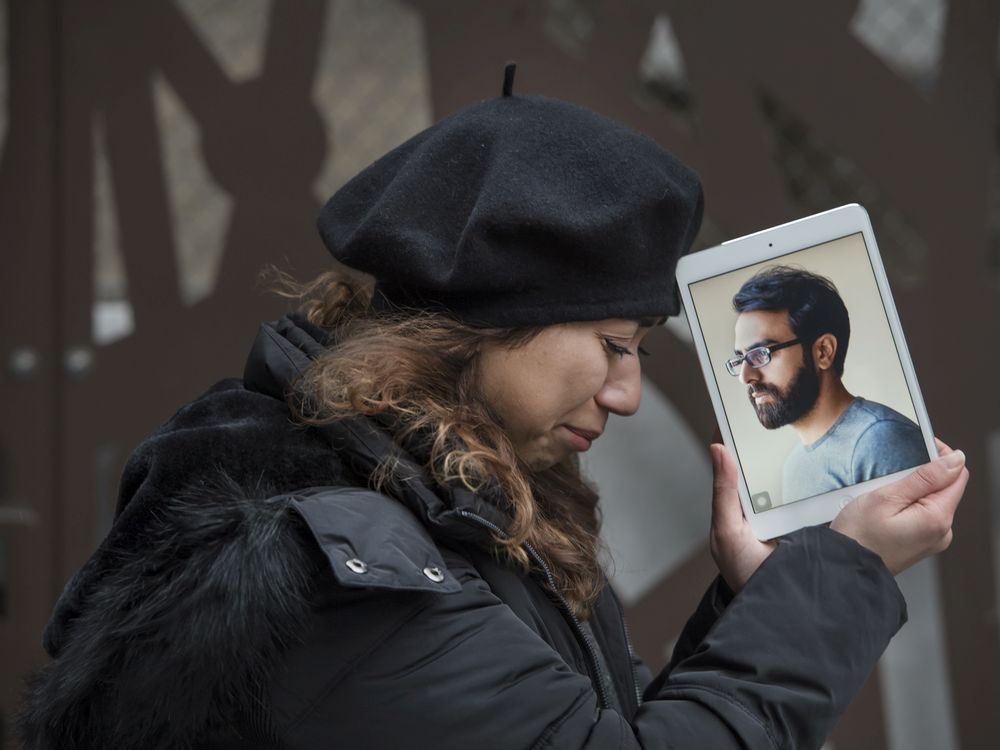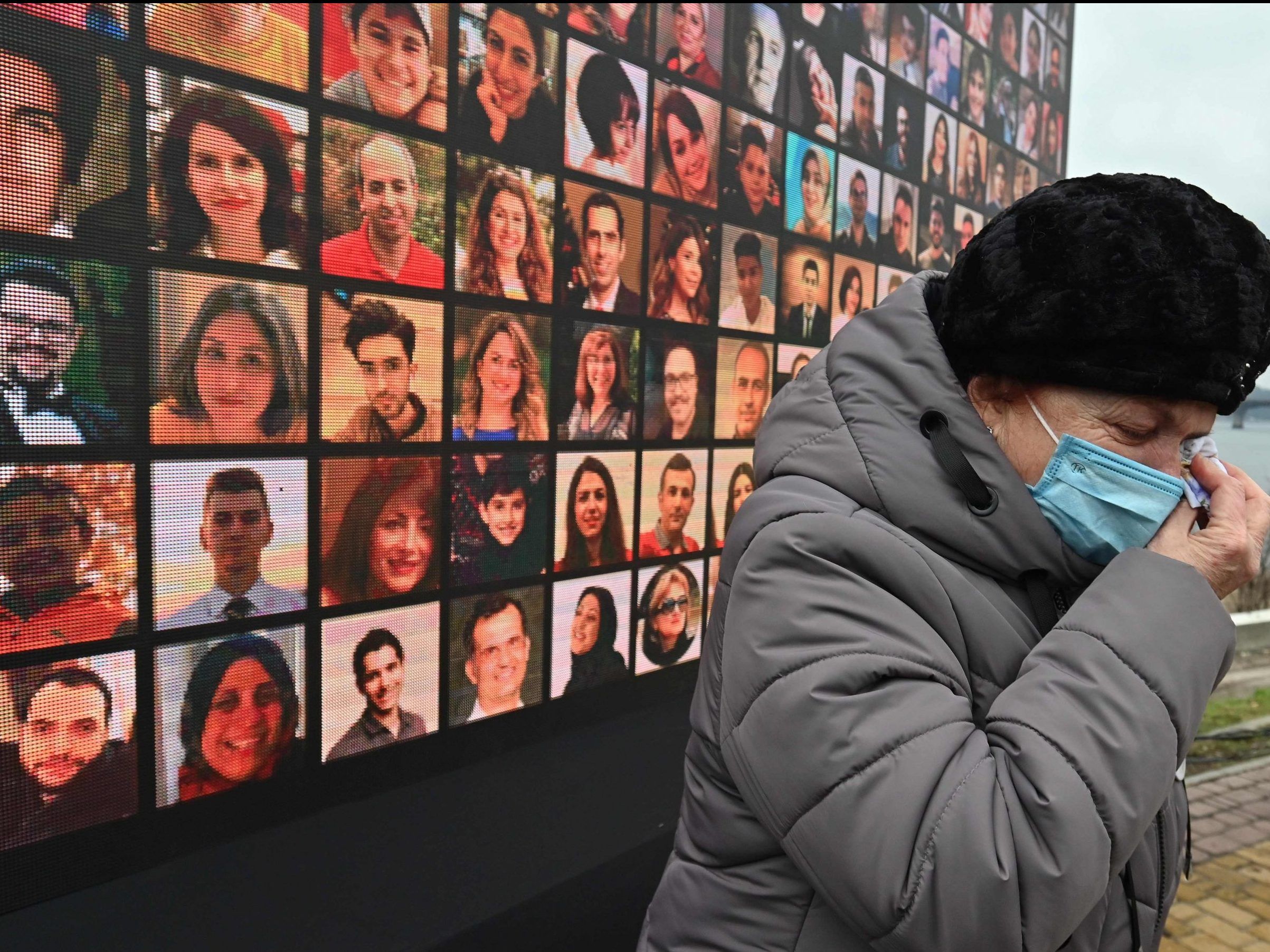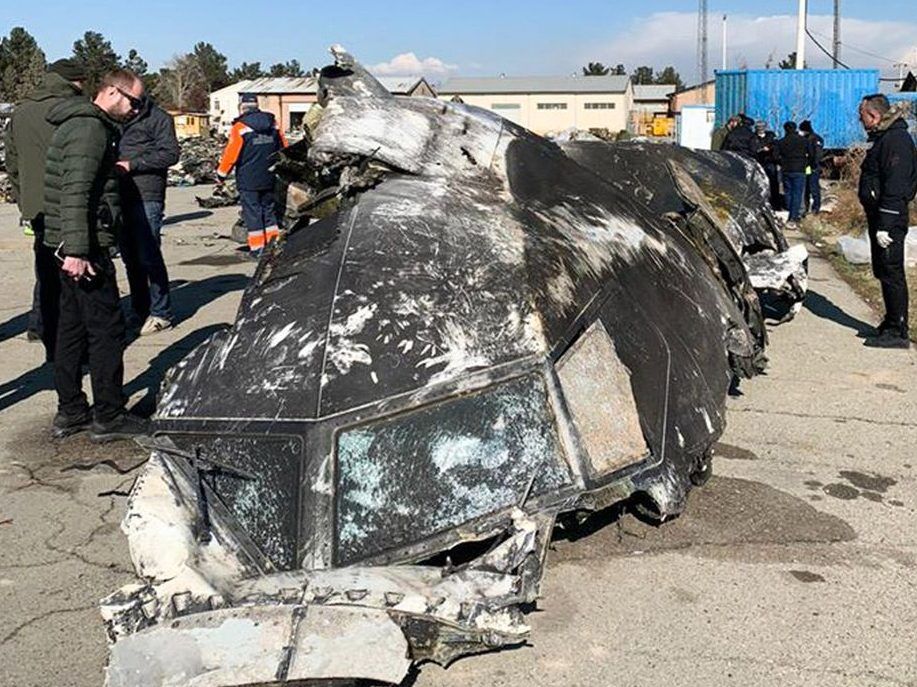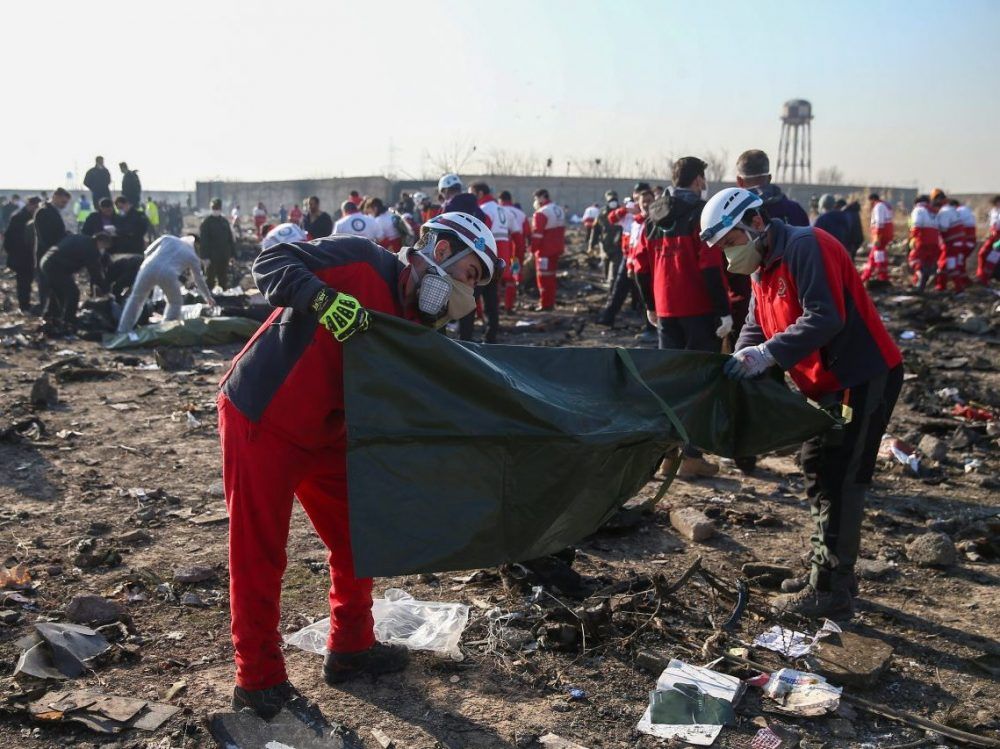Family of University of Alberta student killed in Flight 752 missile attack flees to Edmonton
The family of an Iranian graduate student at the University of Alberta who died when Iran shot down a commercial jet in January is now living in Edmonton, alleging they were forced to flee threats from Iranian authorities.
The parents, younger brother, and aunt of Amir Hossein Saeedinia arrived in Edmonton eight days ago and will seek refugee status, said Reza Akbari of the Iranian Heritage Society of Edmonton, which helped the family.
Akbari said the family had been pressured by Iran's Revolutionary Guard Corps not to speak publicly about the government's handling of the botched missile attack.
The attack killed 57 Canadians, 31 of which were from Alberta, including Saeedinia, who was pursuing a doctorate at the University of Alberta's Centre of Design of Advance Materials.
But Akbari said Saeedinia's mother, Leila Latifi, refused.
"She held her ground very tight and she was saying, 'I'm not going to be quiet,'" he said, adding later that the family wants accountability, "and obviously we know the government of Iran is not going to provide that and is just escalating pressure on them."
Akbari said the Iranian community in Edmonton first learned of the family's plight when they were preparing memorial services for those killed in the missile attack.
Community members raised money to help the family come to Canada and then reached out to the office of Deputy Prime Minister Chrystia Freeland.
Canada expedited visas
Akbari said that within 24 hours the Canadian government issued six-month visitors' visas for the family. The family first fled to Turkey, where they stayed for about 20 days, before travelling on to Edmonton.
Community members rented the family a place to stay and are helping the family — who speak no English — adapt to their new life in Canada after leaving everything behind.
"But I can tell you this family is very strong for only one reason; they want justice," Akbari said. The family wants to take Iran's Supreme Leader, Ali Khamenei, to the International Court.
"He [Khamenei] is in charge of the entire military operation in Iran," Akbari said.
Two missiles struck Ukraine International Airlines flight 752 shortly after it took off from Tehran airport on Jan. 8. Iran denied responsibility for several days until videos surfaced that provided irrefutable proof that the Revolutionary Guard had fired missiles at the plane.
The regime then claimed its military mistakenly believed the Boeing 737 was a warplane. All 176 people on board were killed.
The missile attack occurred while Iran was on high alert after the United States, in a drone strike, killed Qassem Sulaimani, the leader of a special branch of the Revolutionary Guard. The killing of Sulaimani by the U.S. was retaliation for the killing of an American translator in Iraq by Iranian-backed militias.
Canada has joined with other countries to insist on an independent investigation of the incident, and for reparations to be paid by Iran to the families of the victims.
Akbari said the family can't go back to Iran.
"They won't be safe," he said. "They would be detained and who knows what would happen to them.
